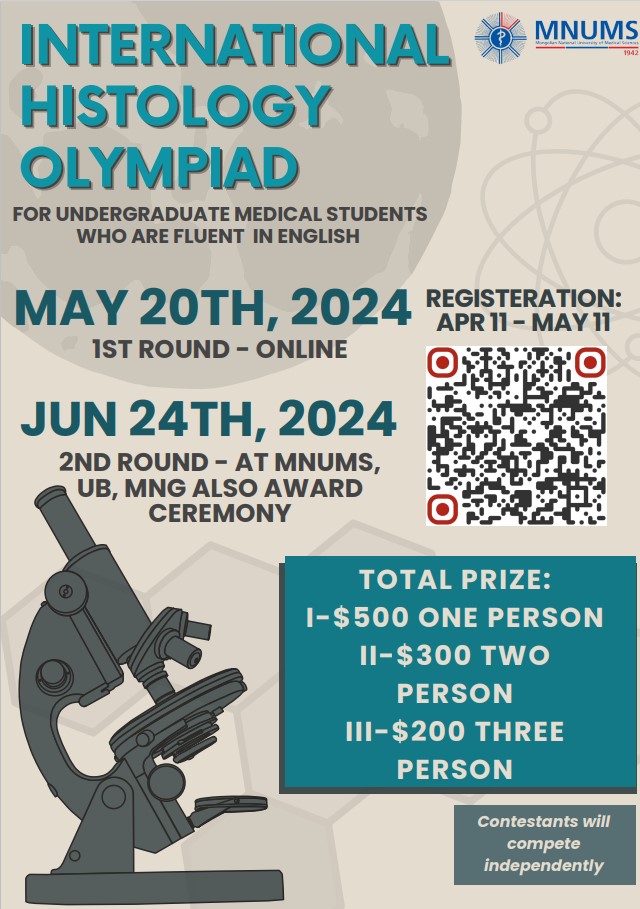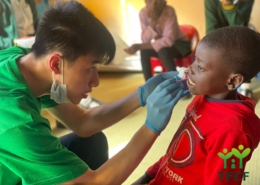TMU spin-off DermAI’s robot recognizes 90% of abnormal moles
Source: College of Medical Science and Technology
Published on 2019-06-11
The Taipei Medical University spin-off, DermAI, launched the MoleMe chatbot.
If you join the official line account for MoleMe, take a picture of a mole on your body with your cellphone and upload the photo, you will receive a risk assessment and information for consultation at a nearby hospital. The entire process is quick and easy, and completely free. Abnormal changes in moles are often neglected by people, and the golden treatment period is often missed, leading to delayed treatment when moles turn into malignant melanomas. In Asian populations, melanomas usually occur on the extremities of the limbs, but they may also appear on other parts of the body. It is critical to find and treat abnormal skin conditions at an early stage as soon as possible. MoleMe is able to accelerate diagnostic efficiency, saving people the wait time as outpatients.

The official MoleMe Line account has an English interface to facilitate consultations
DermAI CEO Po-Chin Yen says MoleMe uses deep learning techniques to carry out image recognition, as deep learning is the currently the most appropriate algorithm for image recognition. Through a database with over 5000 medical images, AI can be used to set up the initial screening mechanism for abnormal moles. In addition to imaging, DermAI has gathered common questions related to these topics, such as how long does a mole exist before there are changes. By combining these, the overall algorithm can reach over 90% accuracy. As data accumulates, the prediction will become even more accurate, and can help patients understand their skin changes.

DermAI CEO Po-Chin Yen
TMU Professor Yu-Chuan Li[1] says the cost of treating moles or benign tumors by dermatologists is around 250 million NTD per year in Taiwan. Many people’s view of their moles focuses on their appearance, not possible health risks the moles pose. Experts recommend early discovery and early treatment; when the lesion is still small, the abnormal mole should be removed with continuing follow-ups. Helping the public do early self-diagnosis with long-term tracking is what MoleMe is designed to do.

Professor Yu-Chuan Li

Invited guests at the MoleMe press conference
[1] Dean of TMU College of Medical Science and Technology and Director of Dermatology of TMU Wanfang Hospital


























